User involvement
User involvement can be crucial to the functional and organisational success of your project.
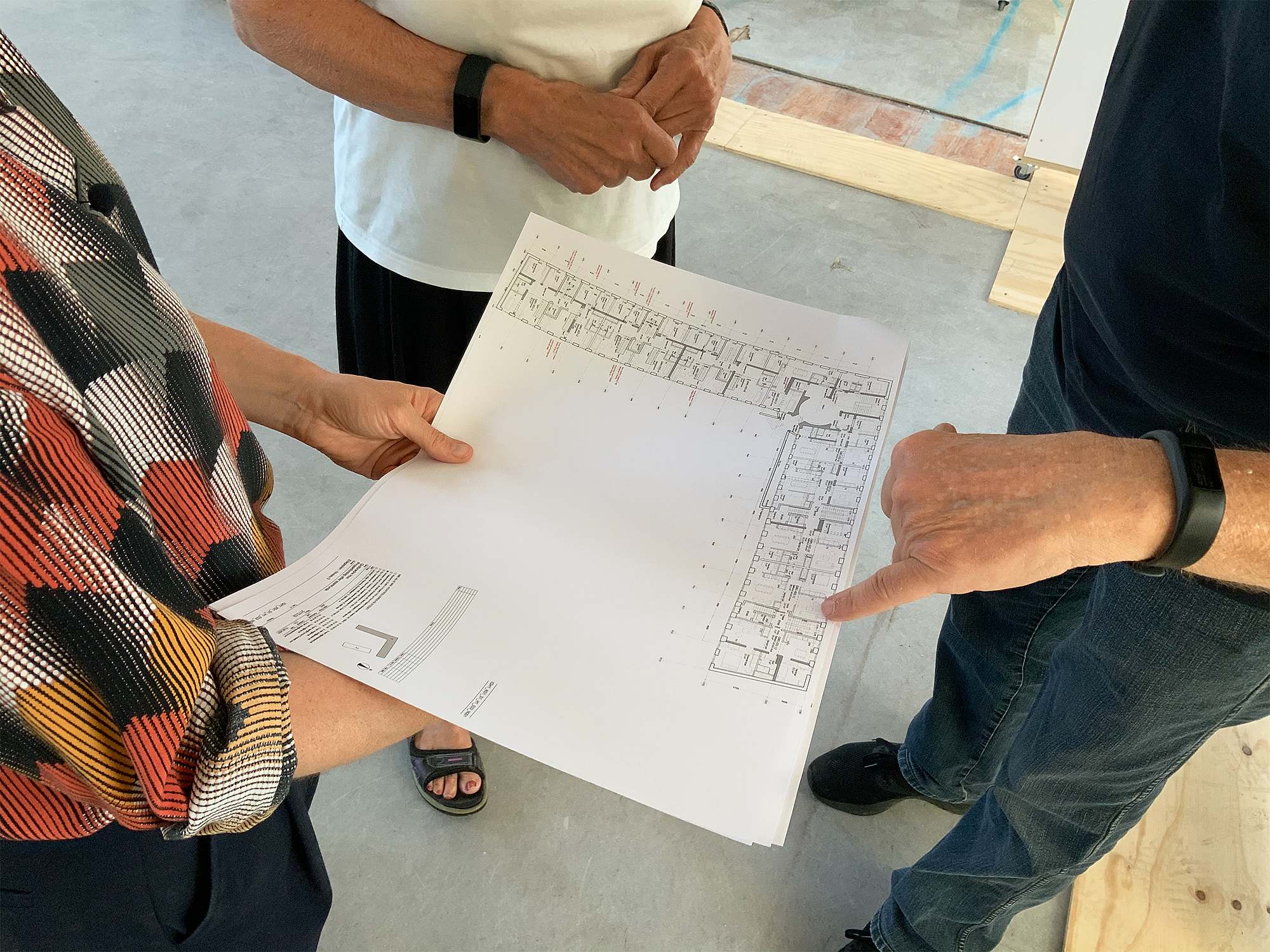
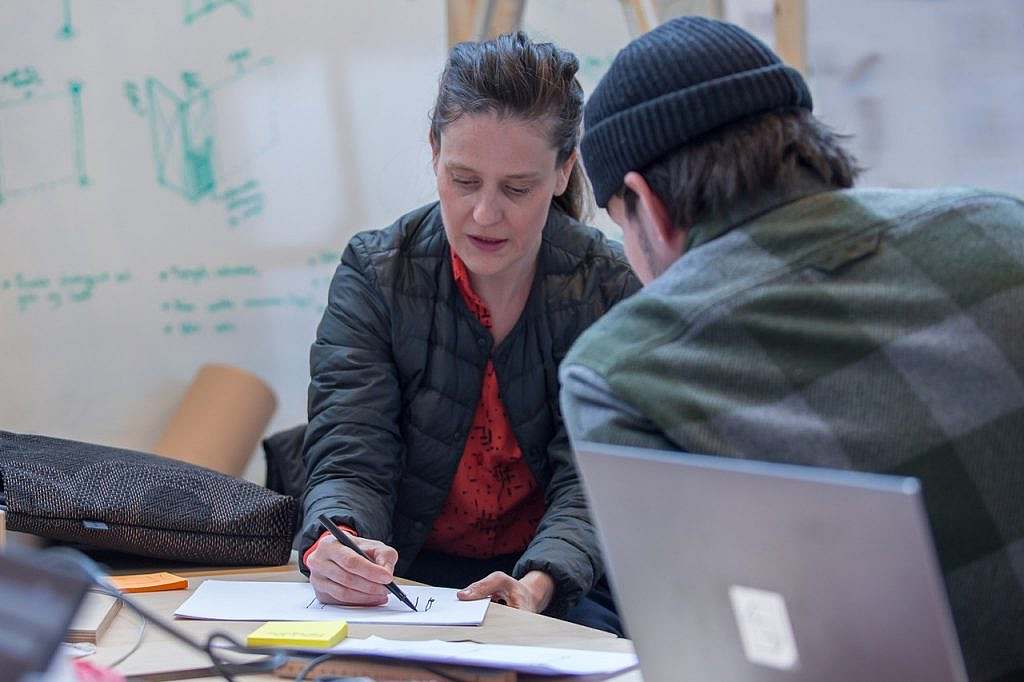
User involvement ensures insight and ownership
Our user process experts have extensive experience in planning and implementing programmes that ensure you gather knowledge about the needs, requirements and wishes of future users. Users are often experts in their own experience, with knowledge that is crucial to bear in mind when designing the construction programme for your project.
At the same time, user involvement is essential to get users to take ownership and thus help make your building a success when it is finished.
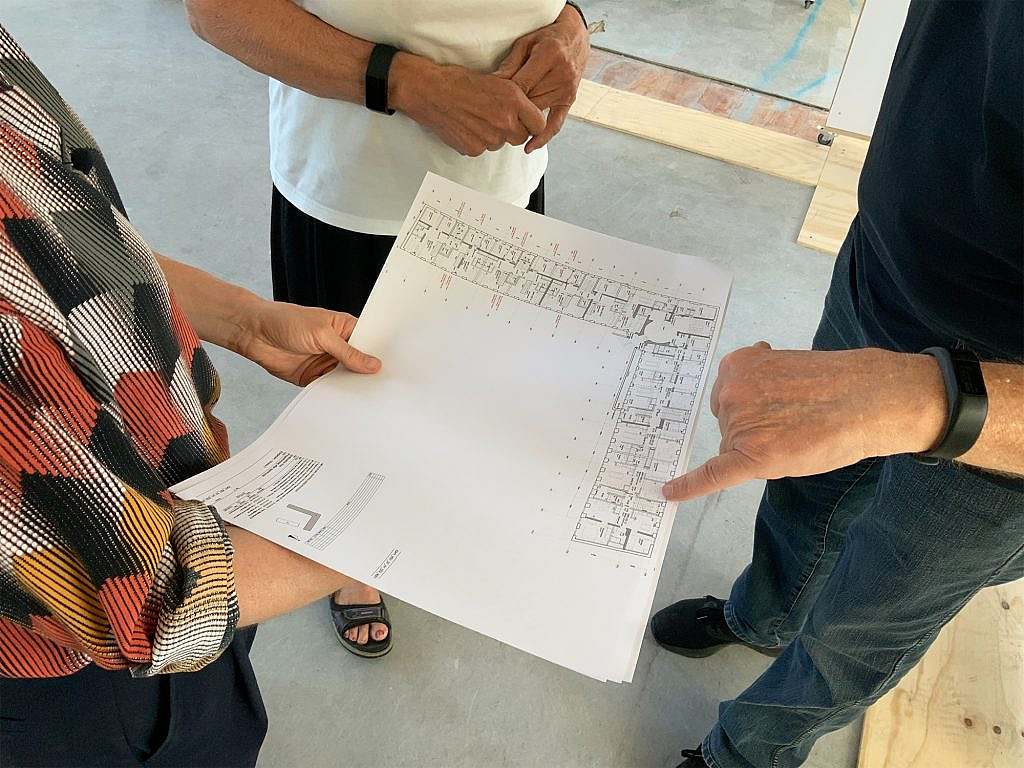
Our user involvement experts tailor the process to your project
Each project and each user group is different, and therefore there is no fixed script for the good user process. Our experts tailor a process to the specific project and the time and financial constraints, with the aim of gathering as much knowledge as possible about user patterns, wishes and reservations. All our user involvement experts have a background as either an architect, designer or engineer and can therefore translate users' wishes into concrete building solutions.
Thanks to our in-house research department we also have the opportunity to conduct more far-reaching user studies and are continuously developing our methods in the field of user involvement and architectural practice.
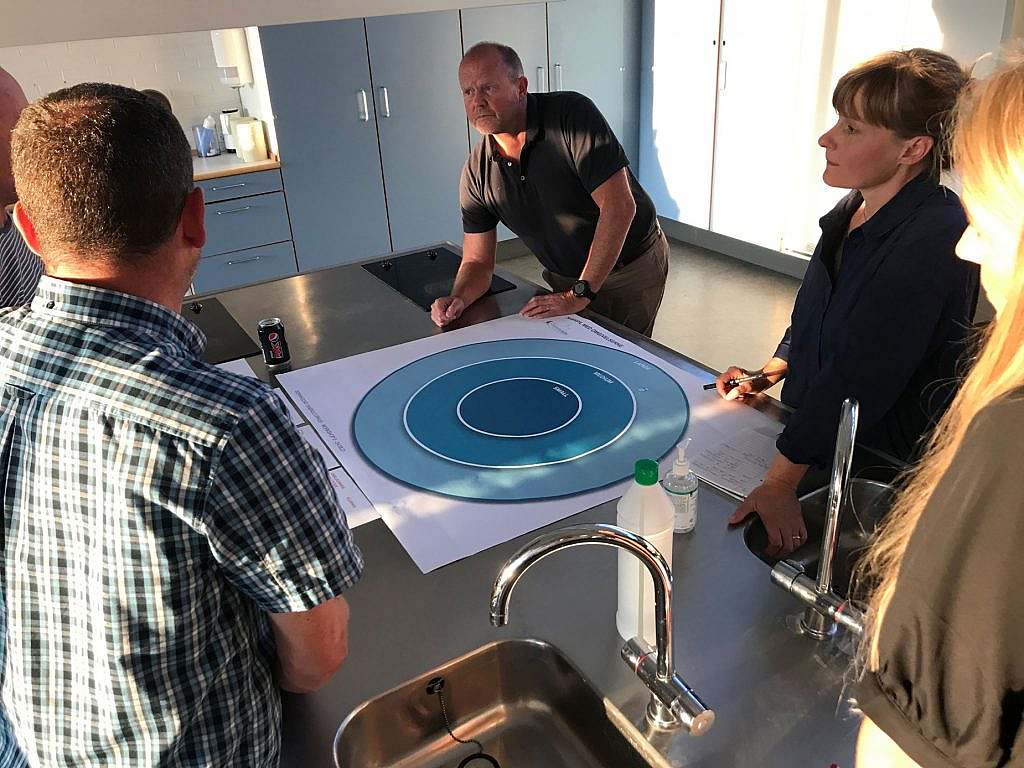
Dialogue-based user involvement processes: conversations, consultations and workshops
A good user process requires preparation, so that we identify all relevant user groups and know what we need to pay particular attention to. In this way, we avoid wasting time on unnecessary detours in the process. Sometimes discussions with individual stakeholder groups can be useful, and in most cases we will use workshops to create dialogue and get concrete input from participants. The format of user involvement depends very much on the user group.
If the user process results in a build programme, we have good experience of presenting and discussing the draft with relevant user groups before producing the final version. This provides both valuable feedback and ownership among future users, which helps to make the final project a success.
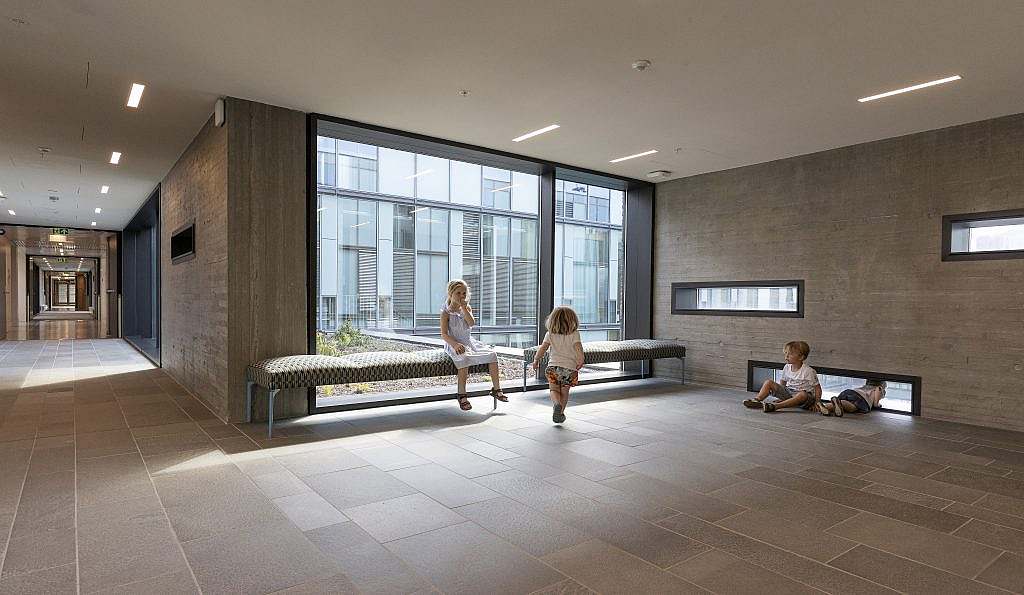
Post occupancy evaluations
We are seeing an increasing demand for post occupancy evaluations that provide an understanding of whether the building is actually performing as intended. User studies in the form of interviews, workshops or observations can be an effective way to find out whether the architecture supports the users optimally.
We recommend waiting a year to do your post occupancy evaluation so that the building has been through a one year cycle. Based on the study, we will prepare a report including any suggestions for improvements to the architecture or interior design if we see potential for optimisation.
It's tempting to skimp on the evaluation once the building is in use, but post occupancy studies provide insight and value both for the concrete and for future projects and, in our experience, are a very good investment.